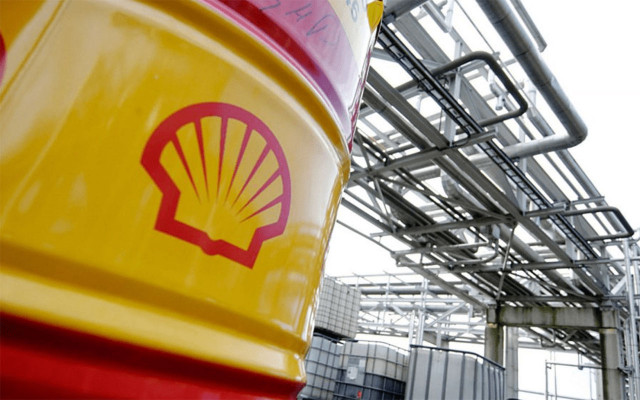LAGOS, Nigeria - The Incorporated Trustees of the Human Environmental Development Agenda (HEDA Resource Centre) have initiated a lawsuit against Shell Petroleum Development Company Limited, Renaissance African Energy Company Limited, the Federal Republic of Nigeria, and four other parties at the Federal High Court in Lagos concerning the transfer of an oil exploration licence.
The defendants in the case also include the Attorney General and Minister for Justice of the Federation, Lateef Fagbemi, the Nigerian National Petroleum Company (NNPC) Limited, the Nigeria Upstream Petroleum Regulatory Commission (NUPRC), and the Ministry of Petroleum Resources.
In the lawsuit filed by Kunle Adegoke on behalf of HEDA, serious concerns have been raised about adherence to Nigeria's legal and regulatory requirements in the petroleum sector.
HEDA Resource Centre claims that the transfer and divestment of Shell's oil exploration licence to Renaissance African Energy Company Limited could violate provisions of the Petroleum Industry Act (PIA) 2021 and its associated regulations.
Key issues raised by HEDA pertain to the legality, transparency, and regulatory compliance of the transaction. The plaintiff argues that the process did not adhere to legal provisions, including the mandate to conduct and disclose an Environmental Evaluation Study per the Upstream Petroleum Environmental Regulation, 2022.
HEDA cautions that allowing this transaction to occur without following these legal requirements may establish a harmful precedent and jeopardize national and public interests, especially in terms of environmental sustainability and the well-being of communities in the Niger Delta.
HEDA seeks a judicial declaration asserting that under sections 10 (f), 95 (11) and (15), 235, 237, and 238 of the PIA 2021, as well as Regulations 4.2.5, 5.2.4, 5.2.5 and 5.4 of the Guidelines for Obtaining Minister’s Consent to Assignment of Interest in Oil and Gas Assets, 2021, Regulations 7 and 8 of the Upstream Petroleum Environmental Regulation, 2022, Regulations 8(1) and (2), 9(1) and (2) of the Upstream Petroleum Environmental Remediation Regulations, 2024, and Regulation 13(1) – (3) of the Gas Flaring, Venting and Methane Emissions (Prevention of Waste and Pollution) Regulations, 2023, the transfer of the oil exploration licence by the 1st Defendant to the 2nd Defendant is invalid, unlawful, and not supported by the existing and enabling laws of the Federal Republic of Nigeria.
Furthermore, the organization requests the court to rule that, due to the defendants' failure to comply with the provisions of Sections 10(f), 95(11) and (15), 235, 237, and 238 of the Petroleum Industry Act, 2021, along with the mentioned regulations, the consent/approval given by the 3rd, 4th, 5th, 6th, and/or 7th defendants to the 1st Defendant for the transfer/assignment/divestment of its oil exploration licence to the 2nd Defendant is unlawful, null, and void.




















